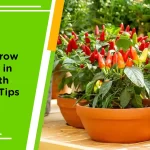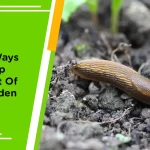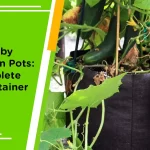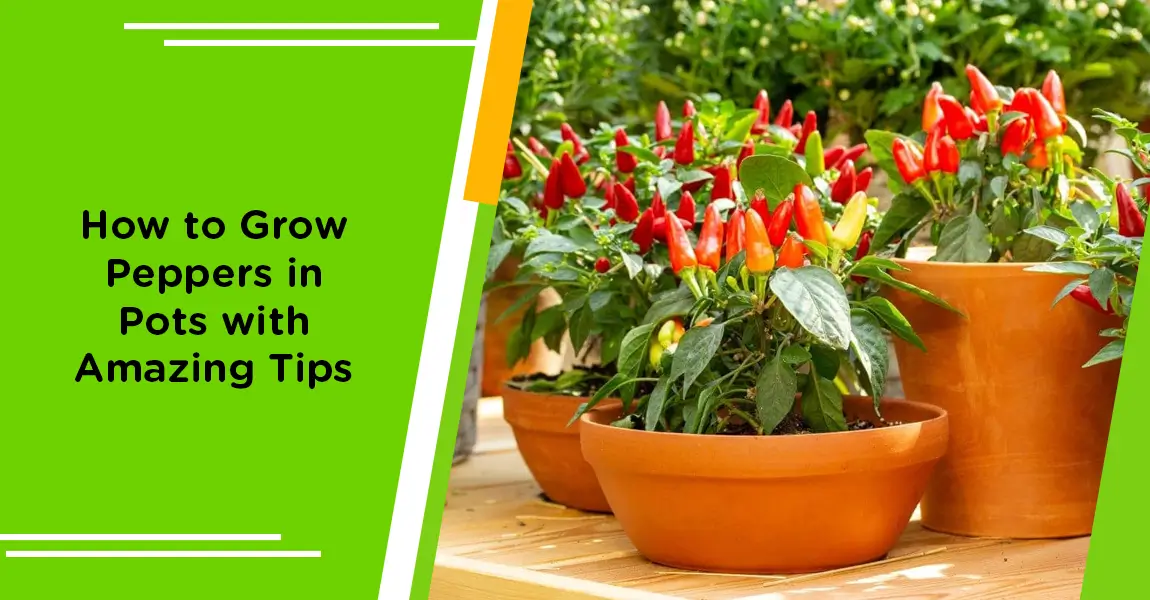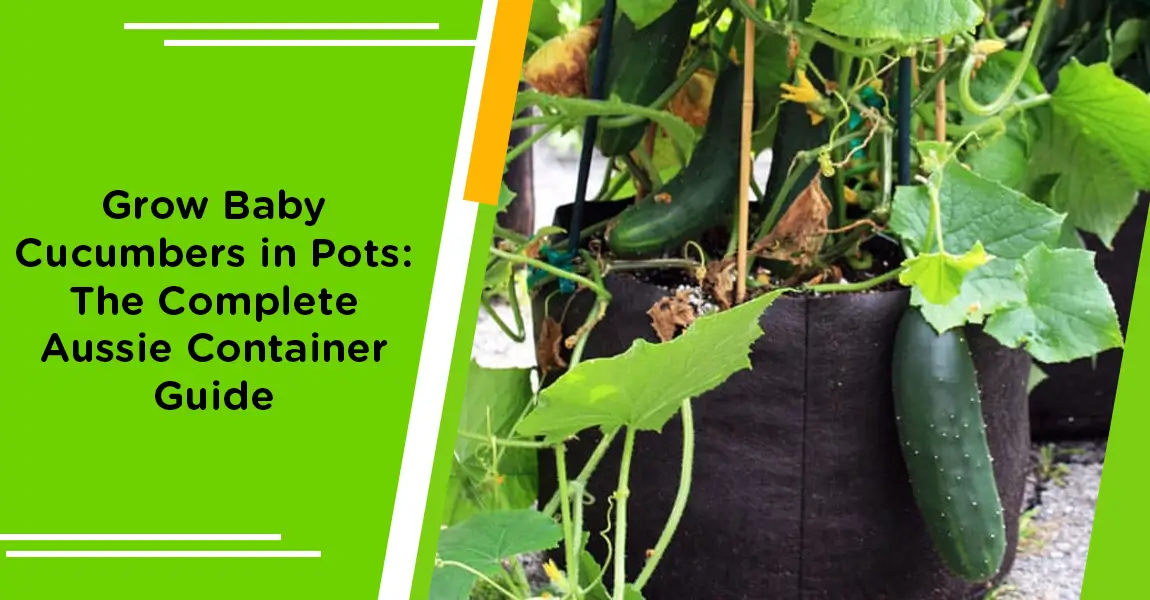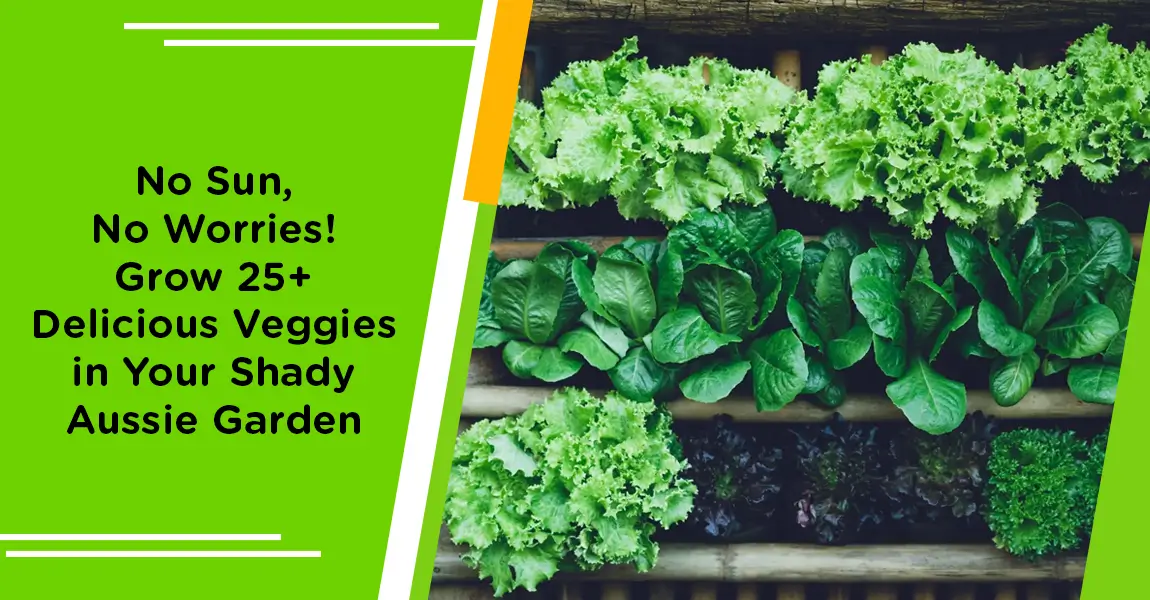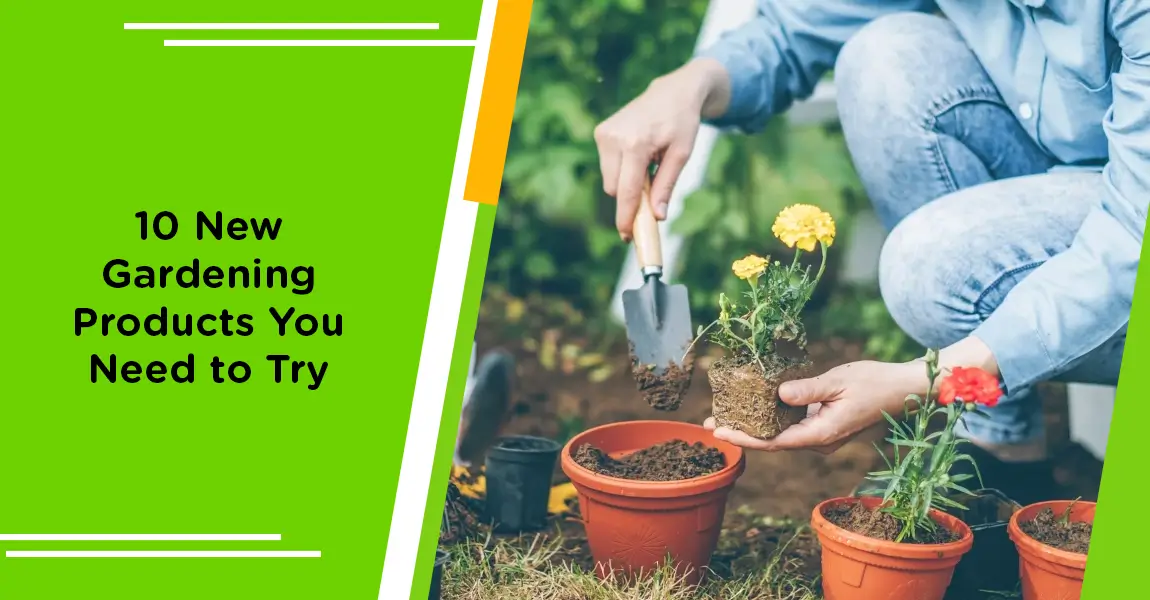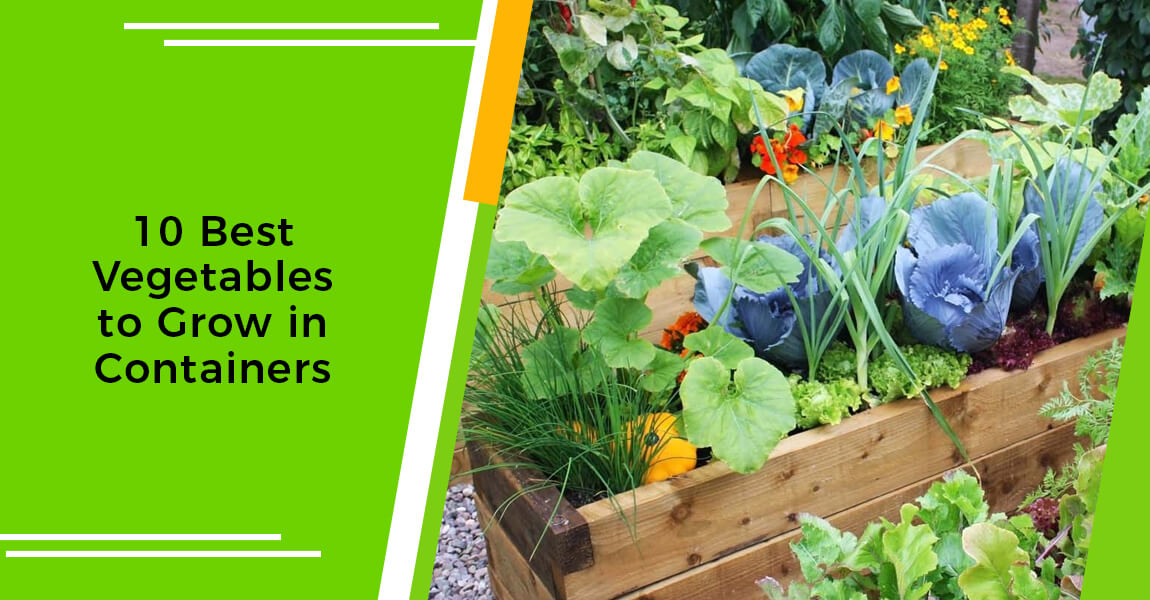Cart review
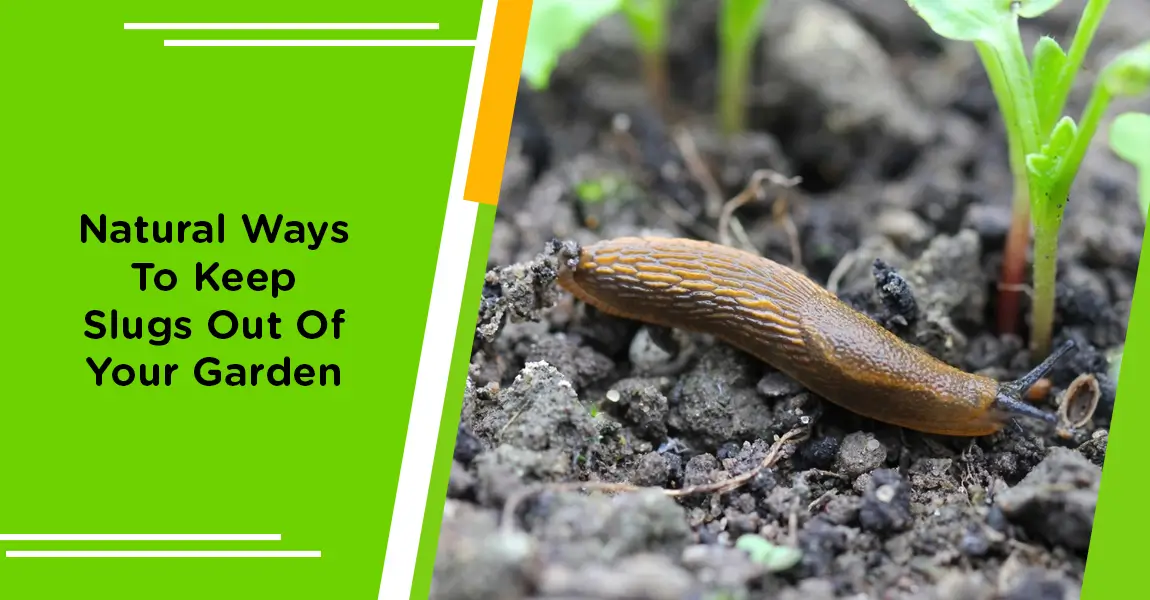
Natural Ways To Keep Slugs Out Of Your Garden
In the serene dance of gardening, there exists a sinister interloper, lurking in the shadows, threatening to undo the delicate balance of flora and fauna: the slug. For Australian gardeners, this slimy menace is all too familiar, capable of decimating our green sanctuaries with its voracious appetite. But fear not, for in the heart of nature lies a treasure trove of remedies, gentle yet potent, to thwart these unwanted guests. Join me as we embark on a journey to reclaim our gardens, armed not with harsh chemicals, but with the wisdom of the earth itself.
Understanding Slugs
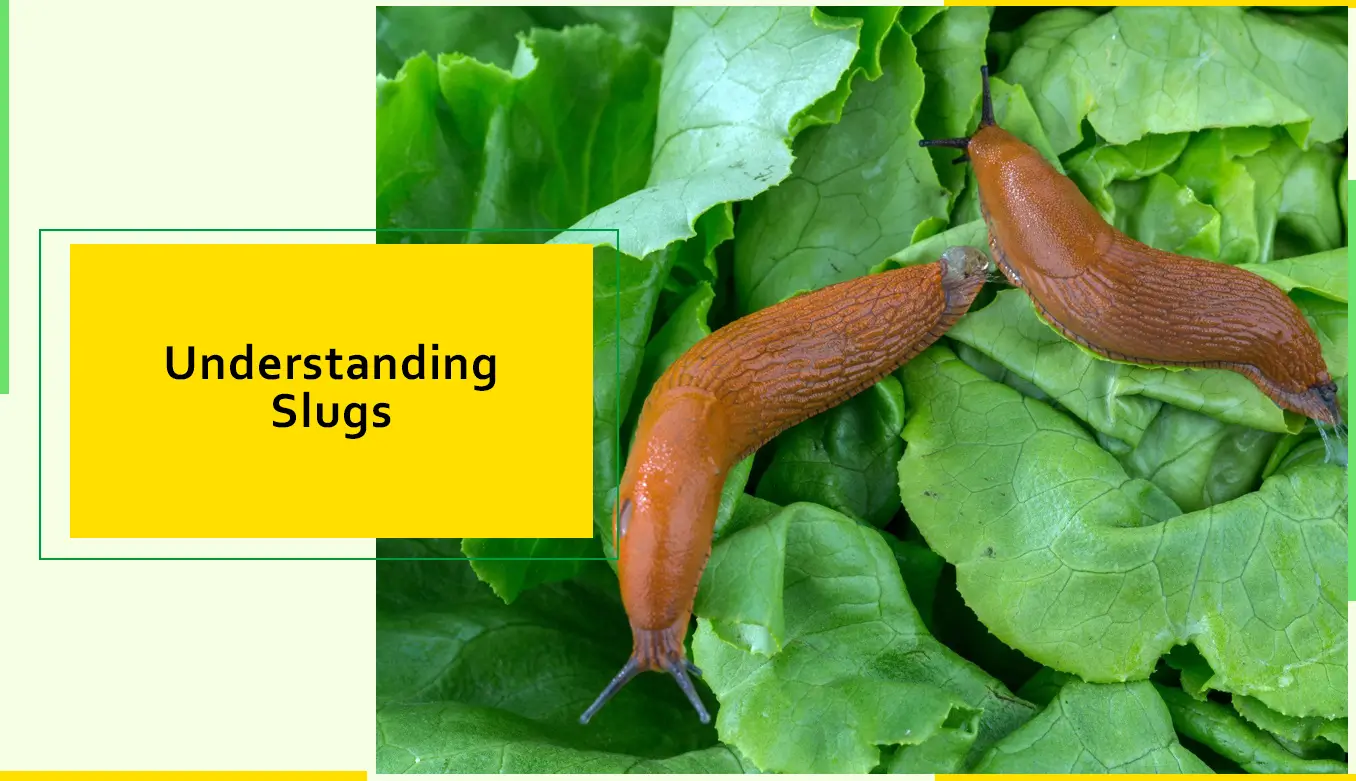
Before we delve into battle strategies, let us first understand our adversary. Slugs, those slippery foes, are mollusks of the gastropod class, possessing a fondness for moist environments and tender foliage. Their nocturnal habits often escape our gaze until the damage is done, leaving behind trails of destruction in their wake.
Natural Slug Repellents
Copper Barriers
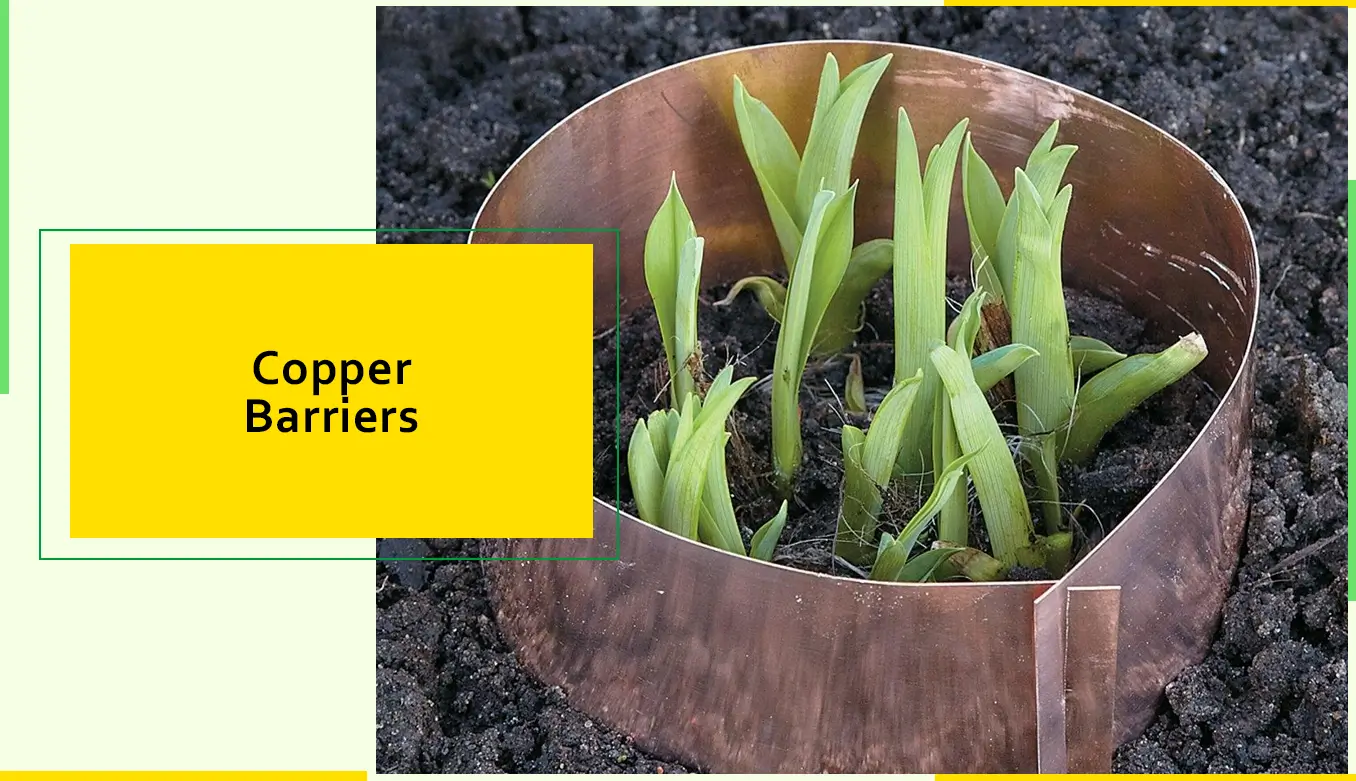
Imagine a fortress of shimmering copper, impregnable to the stealthy advances of slugs. Such is the power of this natural deterrent, exploiting the aversion slugs harbor towards copper’s electric charge. Strategically placing copper strips or tape around prized plants forms an impenetrable barrier, ensuring our greenery remains unscathed. Not only do copper barriers repel slugs effectively, but they also add a rustic charm to the garden landscape.
Beer Traps
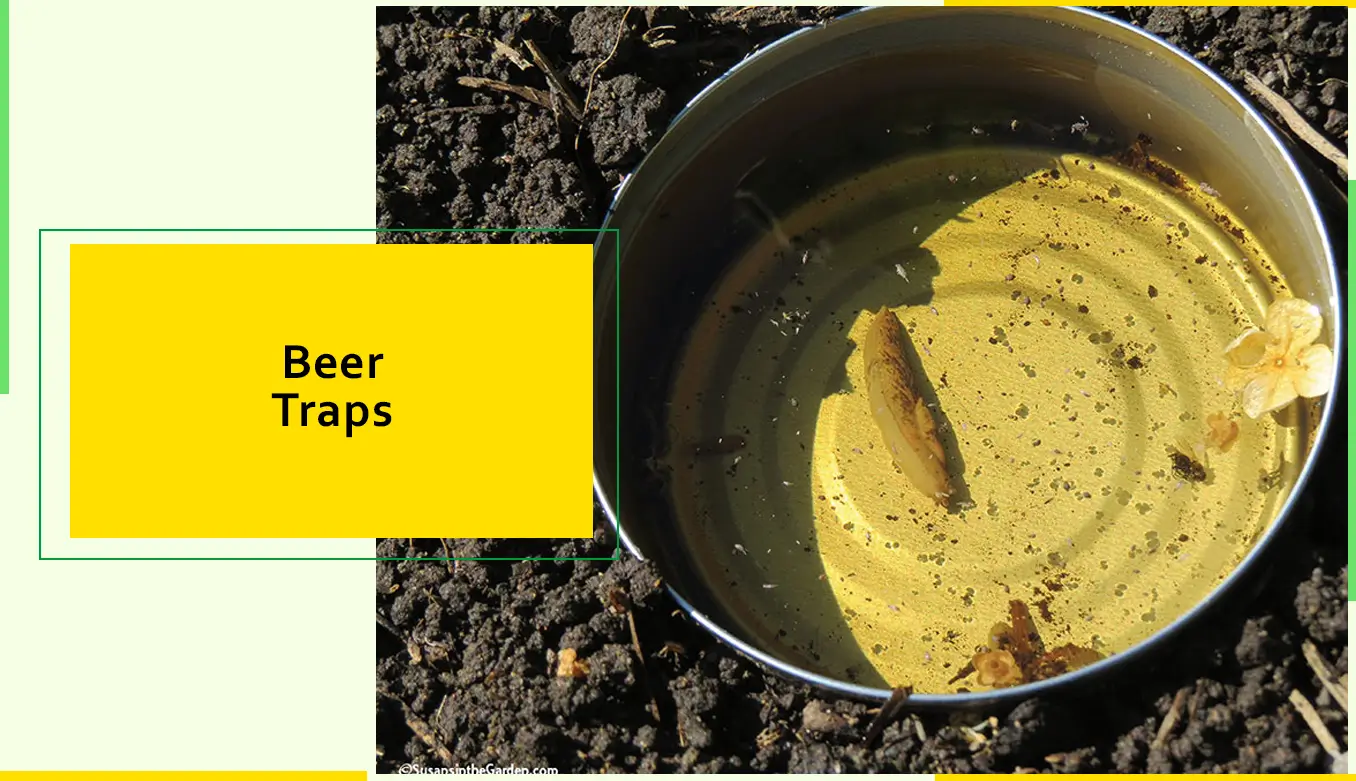
Ah, the siren song of fermented brew, irresistible to slugs yet harboring a deadly secret. Beer traps, with their simple allure, lure slugs to their demise, drowning their troubles in a pool of intoxicating liquid. Setting up these traps is a breeze, requiring only a shallow container filled with beer buried at ground level. As the slugs succumb to their indulgence, gardeners can rest assured knowing they have dealt a decisive blow to the enemy without resorting to harmful chemicals.
Coffee Grounds
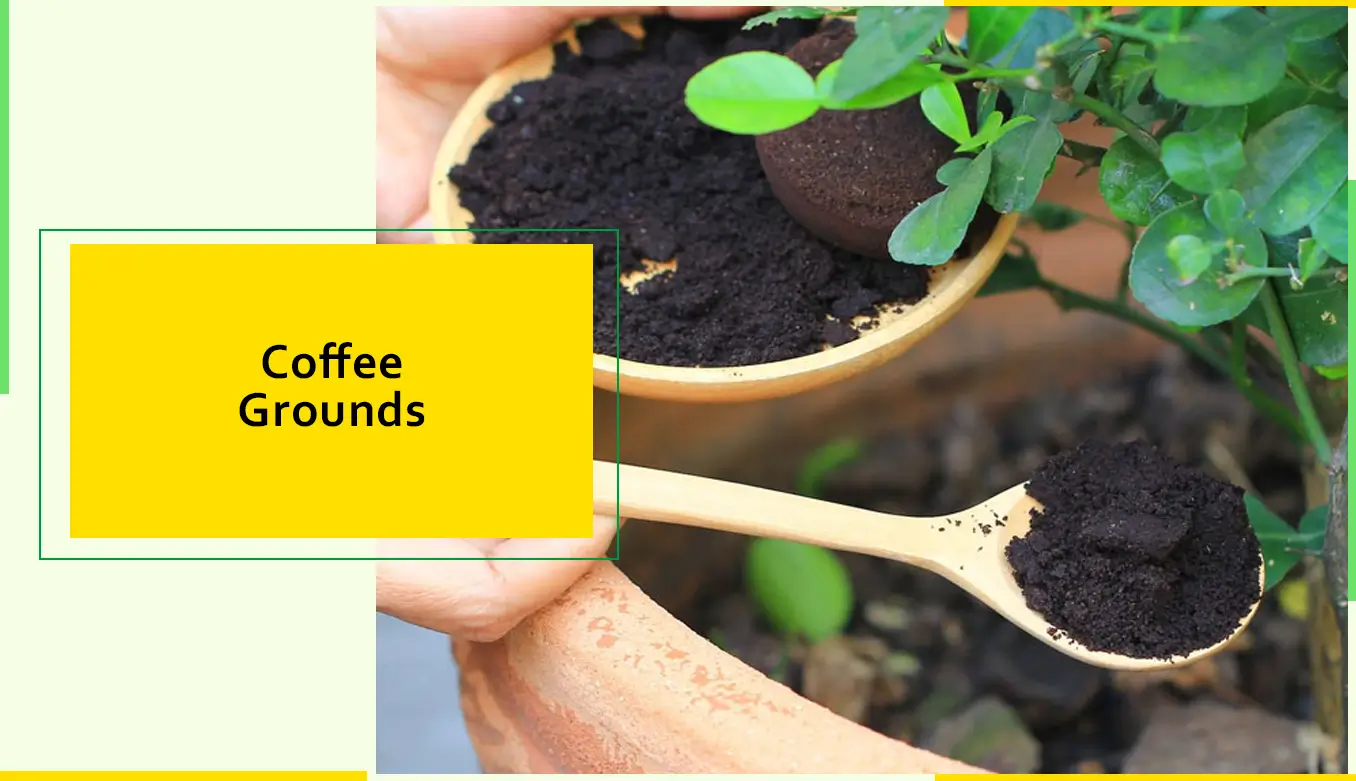
In the depths of our morning ritual lies an unexpected ally against slugs. Coffee grounds, with their abrasive texture and acidic demeanor, prove to be a formidable deterrent. Scatter these grounds liberally around vulnerable plants, forming a barrier as unyielding as it is aromatic. Not only do coffee grounds repel slugs, but they also enrich the soil, serving as a natural fertilizer and enhancing the overall health of the garden ecosystem.
Eggshells
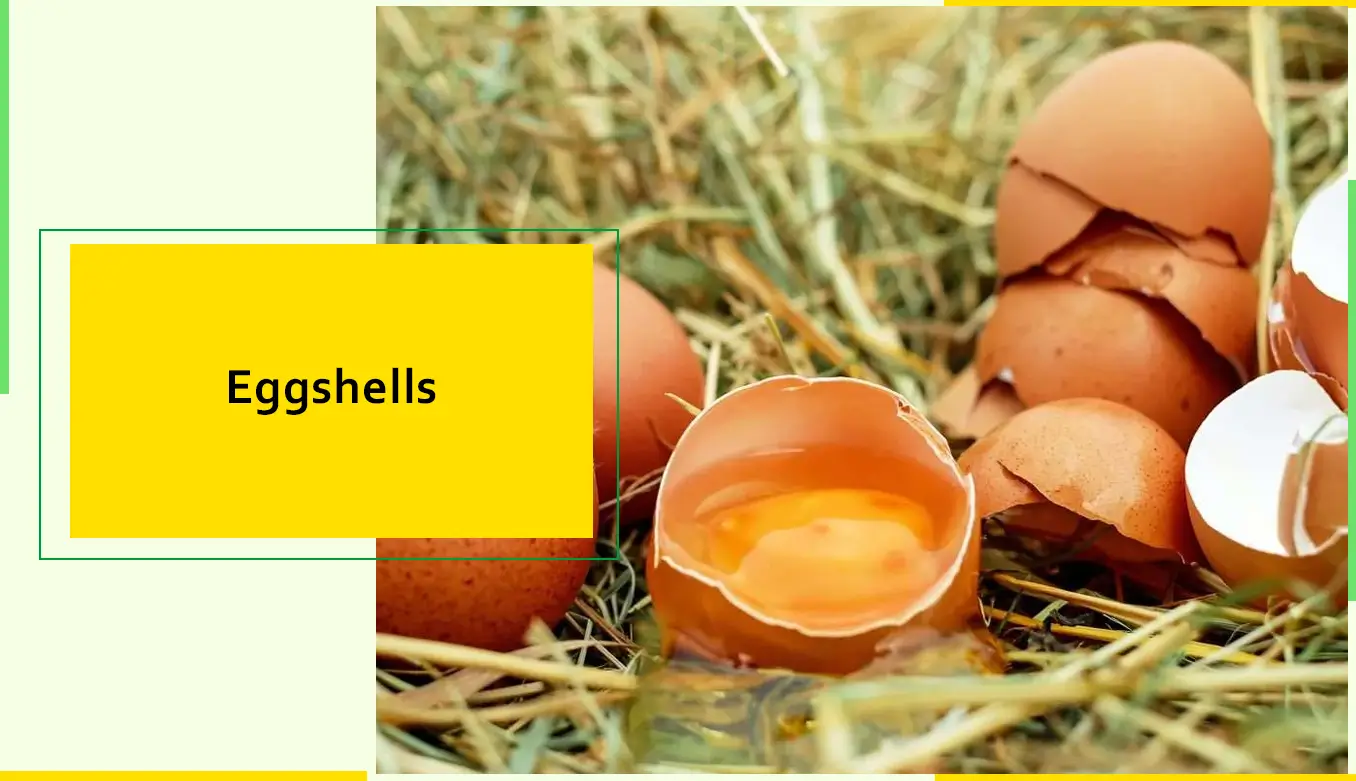
From the humble remnants of breakfast arises a formidable defense against slugs. Crushed eggshells, with their jagged edges, deter these intruders with ease. Spread them generously around the garden, creating a fortress of calcium carbonate that strikes fear into the hearts of slugs. As the eggshells decompose, they release valuable nutrients into the soil, further fortifying the garden against future incursions.
Natural Predators
In the intricate tapestry of nature, allies abound in the form of avian acrobats, amphibious sentinels, and beetles of the earth. Birds, frogs, and ground beetles stand ready to wage war against slugs, provided we extend them a warm invitation into our garden sanctuaries. By creating habitats that attract these natural predators, gardeners can establish a harmonious balance within the ecosystem, where each creature plays a vital role in maintaining order and vitality.
Cultural Controls
Mulching
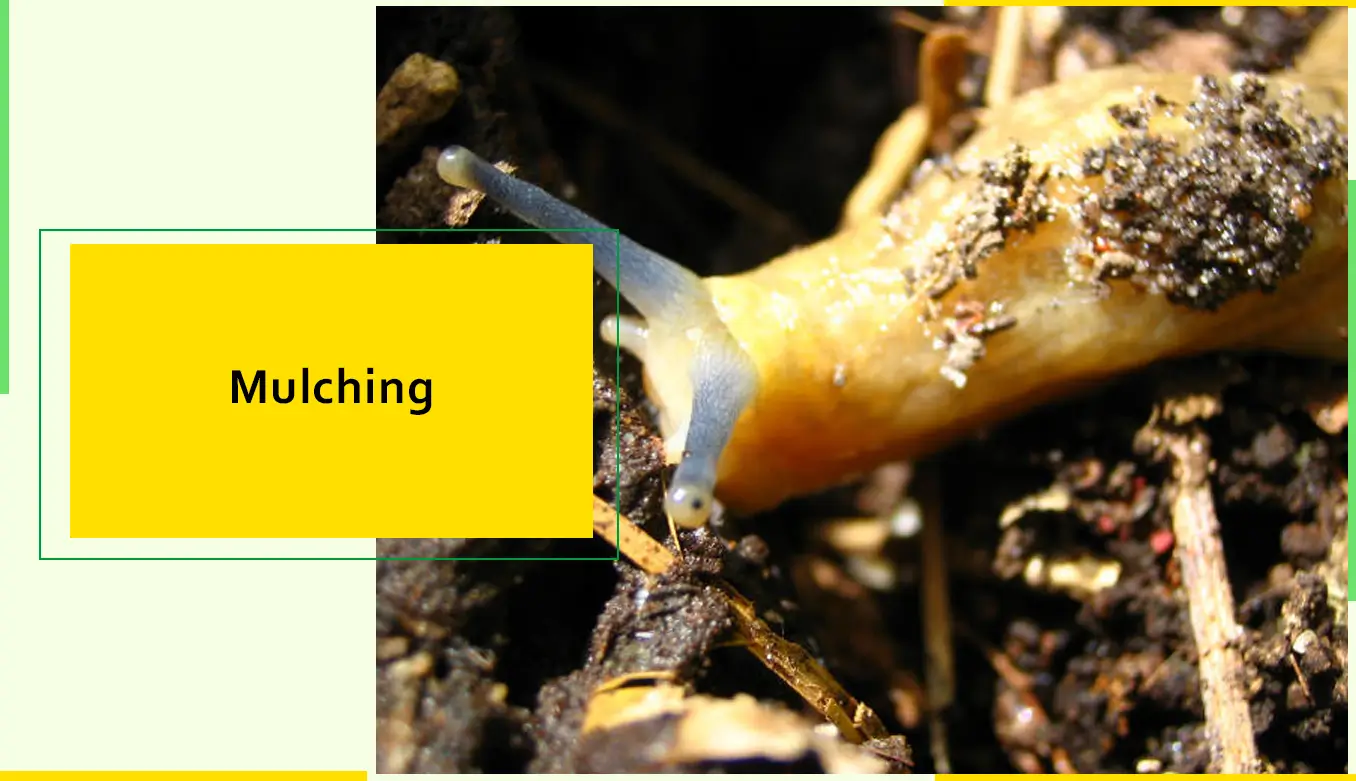
Like a protective embrace, mulch enwraps our plants, shielding them from the insidious advances of slugs. Selecting the right mulch and applying it effectively forms a formidable barrier, denying slugs the moisture they crave. Organic mulches, such as straw or shredded leaves, not only deter slugs but also promote soil health by retaining moisture and suppressing weed growth.
Watering Techniques
In the arsenal of gardening, timing is everything. By watering early in the day and exercising restraint to avoid overwatering, we create an inhospitable environment for slugs, forcing them to seek refuge elsewhere. Drip irrigation systems and soaker hoses deliver water directly to the roots of plants, minimizing surface moisture and reducing the likelihood of slug infestations. Additionally, watering in the morning allows foliage to dry quickly, depriving slugs of the damp conditions they prefer.
Maintenance and Prevention
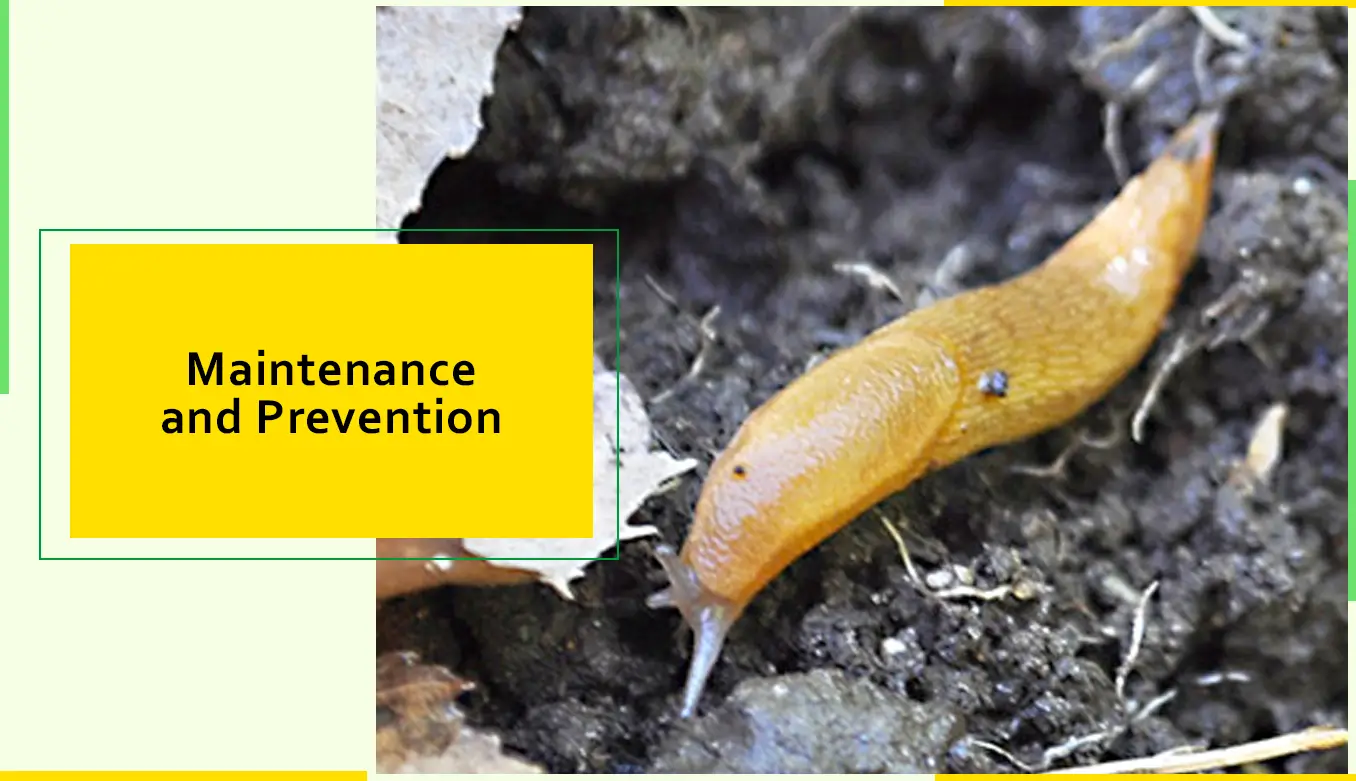
Regular Inspections
Vigilance, dear gardener, is our greatest weapon against the encroaching tide of slugs. Regular inspections unveil their clandestine activities, allowing us to intervene before irreparable harm is done. By closely monitoring our garden beds for signs of slug damage, such as chewed leaves or slime trails, we can implement targeted control measures and prevent infestations from spiraling out of control.
Good Garden Hygiene
In the shadows of neglect, slugs find refuge amidst fallen leaves and debris. By maintaining a tidy garden, we deny them shelter, leaving them exposed to the elements. Removing weeds, fallen fruit, and decaying vegetation eliminates potential hiding spots for slugs and disrupts their reproductive cycle, reducing overall populations in the garden. Regularly cleaning garden tools and equipment also prevents the inadvertent spread of slug eggs and larvae to new areas.
Companion Planting
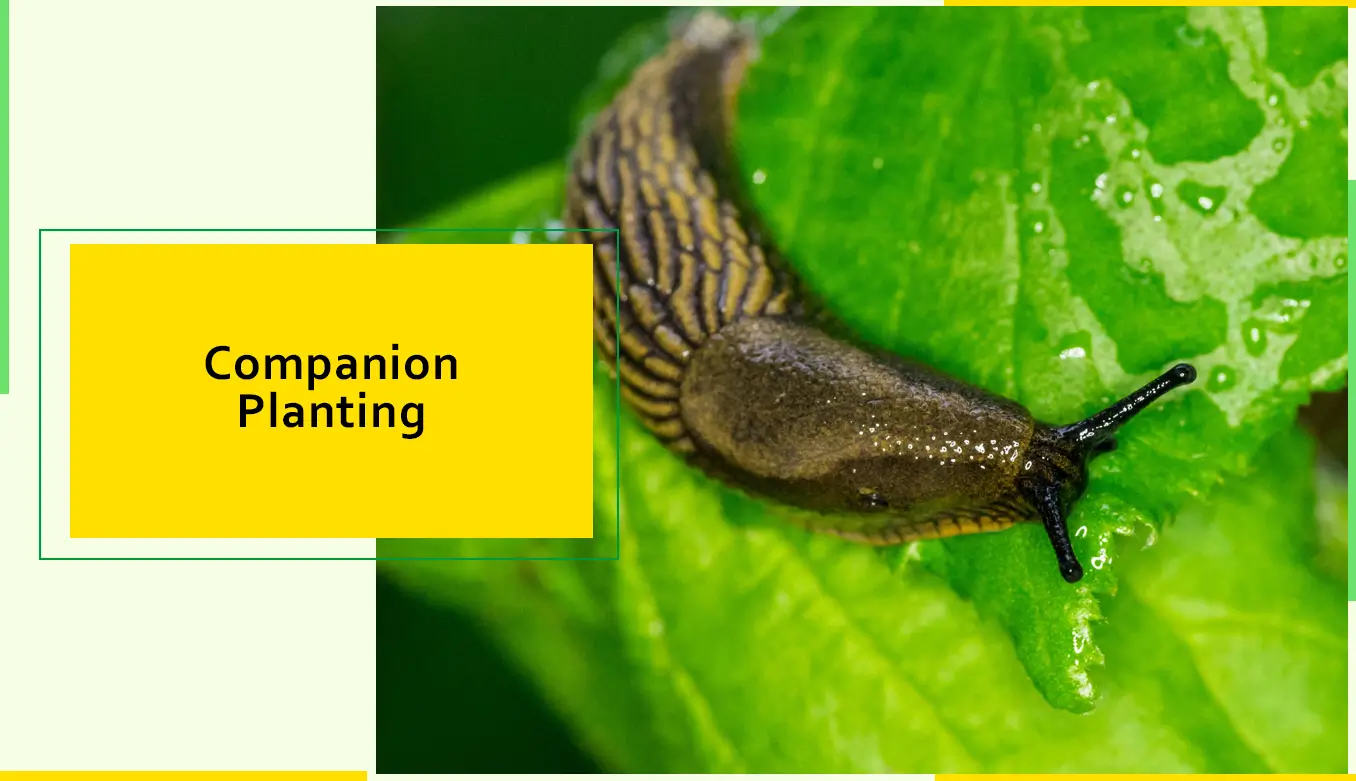
In the grand tapestry of biodiversity, certain plants emerge as unsung heroes in the battle against slugs. Lavender, rosemary, and garlic stand as stalwart defenders, repelling slugs with their potent aromas and natural deterrents. By interplanting slug-resistant species with vulnerable crops, we create a diverse ecosystem that confounds and frustrates slugs, reducing the likelihood of widespread damage. Additionally, companion plants attract beneficial insects and wildlife that prey on slugs, further bolstering our defenses against these garden pests.
Conclusion
As the sun sets on our verdant battlefield, let us reflect on the triumphs of nature’s wisdom. Through copper barriers and beer traps, coffee grounds and eggshells, we have reclaimed our gardens from the clutches of slugs, all without resorting to harmful chemicals. May these natural methods serve as beacons of hope for gardeners across Australia, forging a path towards harmony between man and nature. With vigilance, patience, and a touch of ingenuity, we can ensure our gardens flourish as vibrant havens of life, free from the scourge of slugs.
Related Posts



